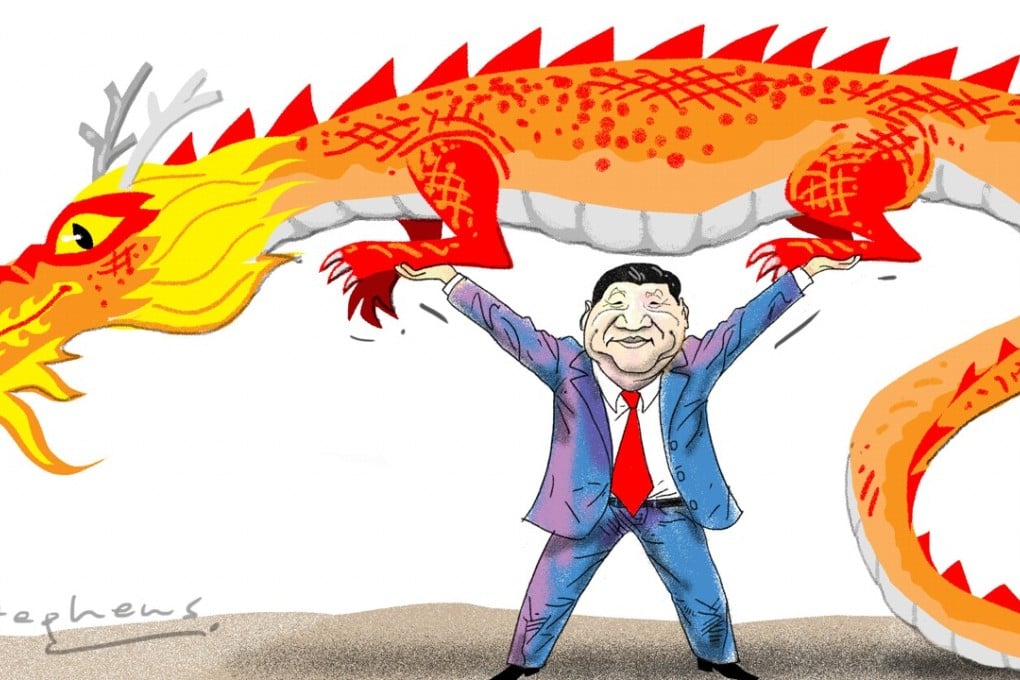Advertisement
Xi Jinping, the face of rising China, is the strong leader it needs
Chi Wang says momentous changes in China’s recent history have, in each case, taken place under the stewardship of a powerful leader. With his vision and firm rule, Xi is just the man to take the country forward in its quest for rejuvenation and global influence
Reading Time:4 minutes
Why you can trust SCMP

China is gearing up for its 19th Communist Party congress, during which President Xi Jinping will solidify his leadership and present his ideas for the future of China. What should be seen as a simple administrative formality – after all, there is no doubt that Xi will continue in his role as China’s head – has garnered immense global attention. The world is watching, not because they think something unexpected will take place, but because China, and Xi in particular, is worth watching.
Advertisement
The idea of the “coming collapse of China” has been around for decades. Each time a warning is sounded, it has proven to be premature. China has demonstrated time and again that it does not fit the mould Western scholars have tried to put it into. China has not gone the way of the Soviet Union or developed into a democracy. Its economic growth has continued and its global influence has only grown.
The Chinese Communist Party has shown resilience and a unique ability to adapt to changing domestic and global situations. The Chinese, perhaps more than anyone, know that no dynasty lasts forever. Chinese history is full of imperial dynasties coming and going as they lose the “mandate of heaven”, which in today’s terms might be referred to as “party legitimacy”. China’s leaders witnessed the fall of the Soviet Union and how it led to Russia’s diminished global clout. The Communist Party has learned from history and, instead of succumbing to the same mistakes, continues to reinvent itself as needed.

When Mao Zedong founded his new nation in 1949, he claimed to be putting an end to the past humiliations the country suffered. To break from that prior victimisation, Mao replaced Confucianism with a Chinese version of communism (commonly called Maoism) and forged a new identity for the Chinese people. After the death of Mao, and in the aftermath of the Cultural Revolution, the Chinese people faced an identity crisis. Instead of trying to revive Maoism as the party platform, Deng Xiaoping pegged the party’s legitimacy to economic growth. At the same time, he promoted ideas of nationalism.
China now has what is arguably its strongest individual leader in recent history
Deng’s promised growth has been achieved and is no longer a sufficient goal for the Communist Party, if it is to retain legitimacy, especially with the slowing economy. China is now facing the consequences of growth, such as pollution, corruption and income inequality. China is also adjusting to its new role in the world as a global power and influencer. It is entering a new period of its history and, as the past has shown, the party needs to adjust accordingly.

Advertisement